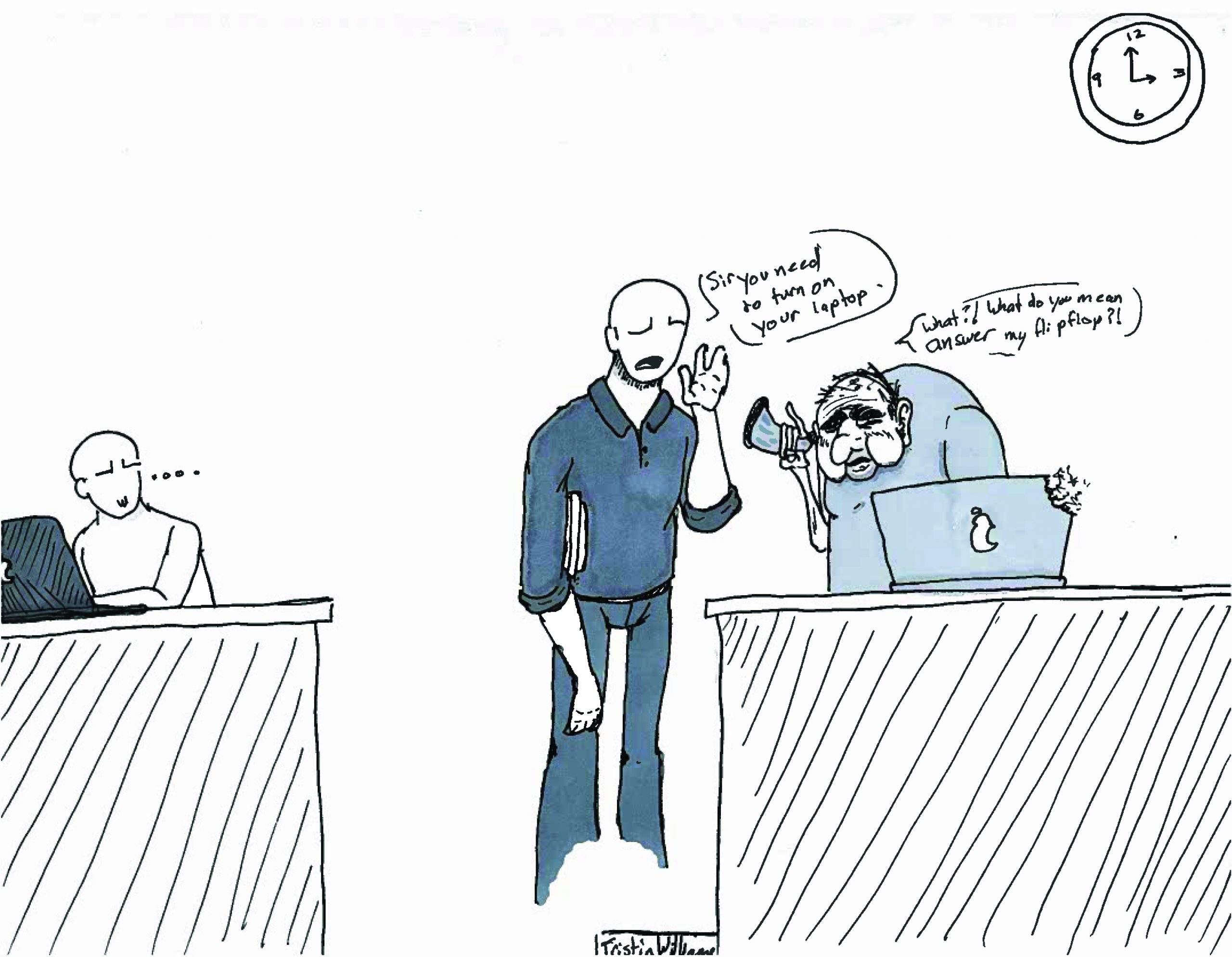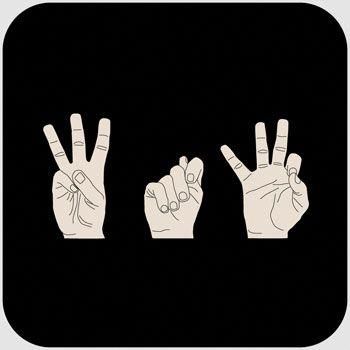Kaliegh Benck / Editor-in-chief
I was sitting on my porch, gathered by my closest of confidants, those who swear you’re constantly in a “no judgment zone,” the friends who insist on indulging whatever is on your mind, when it happened: that Godforsaken uncomfortable silence followed by the shifting of feet and gazes — the elephant in the room.
The topic brought up was white privilege, something that’s been trending consistently as of late.
From the raised hands and voices of those avenging Michael Brown’s death in Ferguson to those who are of this privileged tribe attempting to defend themselves, white privilege has been on the pink tongues of those across the country. And as frequently as it’s brought up, it never fails that those you’re surrounded with every day have no interest in discussing it.
I’m not only referencing the topic of white privilege; this applies to any seemingly controversial subject within our generation. Whether it be same-sex marriage, gun control, abortion, race or politics, people are filling their mouths with blood. It’s not that they don’t have opinions on the matters, it’s that they’d rather bite their tongues than offend anyone.
Every other week as I sit with the Editorial Board tossing around ideas of the next topic we should cover in the editorial I get the same responses: “I don’t want to talk about that. … I don’t really know how I feel about it.” As frustrated as I get with this meek plea, I get it. I really do understand where it comes from but that doesn’t make me want to drop the issue. It makes me want to push it harder.
And that’s when it hit me. Why aren’t we talking about these subjects more openly? Why do our palms clam up when someone mentions the “untouchable” topics that affect us in one way or another?
As the Ferguson riots that were backed by people chanting to end white privilege and police brutality ensued, I began questioning people I came into contact with daily on what their opinions were regarding the matter. I was shocked when only three people actually knew what I was talking about and only two would get into the gritty details and opinions on the matter. How were people my age who wake up with their phones in their hand, constantly consumed in pop culture and Web-based entertainment, so oblivious to something happening in our own country?
Again, this is not a piece on white privilege. I’ve seen enough breakdowns and opinions on the matter to last a lifetime. And in case you’re wondering, yes, I believe white privilege is a thing. No I do not know what it’ll take for it to be over. Yes, it’s stupid and it sucks. And yes, based off my lighter olive shade I am white, but I prefer to be called Latina if that’s even an option.
Back to the porch session: I was in awe as my friends who come from a variety of hometowns, demographics and areas of study had nothing to say. It wasn’t until my last attempt that I finally got a response I had hoped for.
“White privilege is not a thing and people need to stop making it a f*^%ing thing.”
As all eyes locked on my most outspoken friend I smiled. Everyone began chiming in, defending their beliefs and opinions openly and what some may consider surprising, respectfully.
I was happy to see these already intelligent minds open themselves up to aspects they had never considered, seeing their minds work something out that they had never been challenged to do before.
So often our generation gets labeled as uninformed and ignorant and it isn’t without warrant. If we don’t engage in conversations that require us to explain ourselves and reason with people on things we don’t fully understand, we’ll never come to a comprehension of things around us.
It’s time that we tackle the tough questions that turn our faces beet red when answering. It’s time to engage ourselves in situations and conflicts around us. Without vocalizing what we think and how we feel, change will never come to pass.




